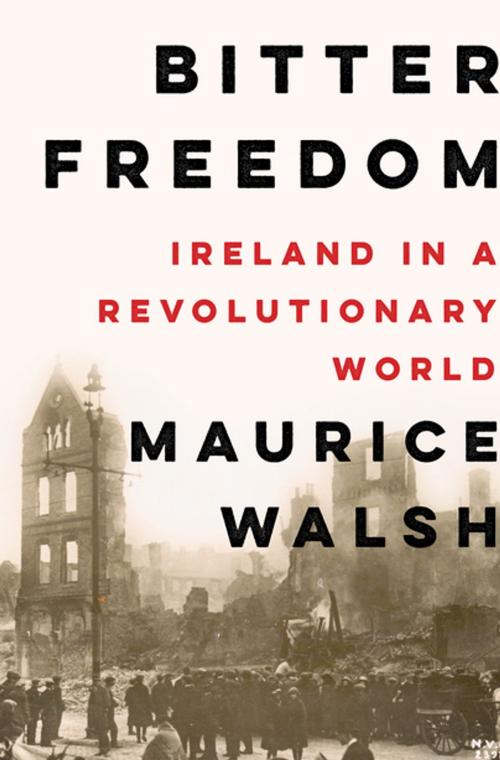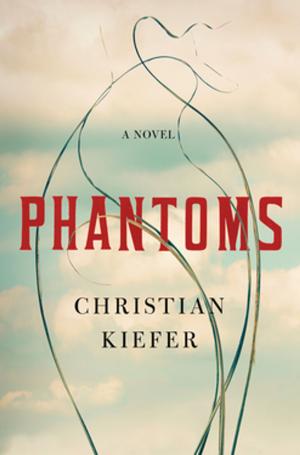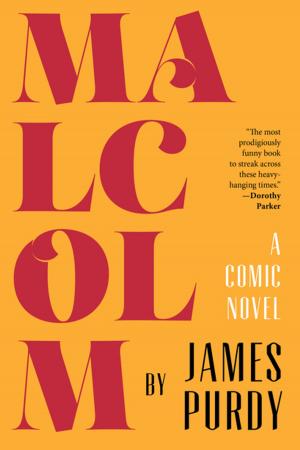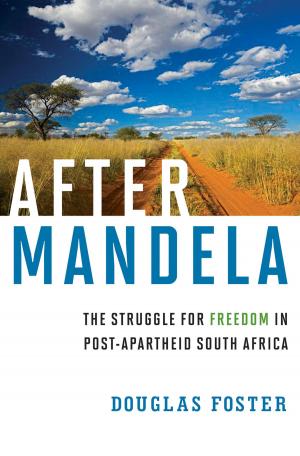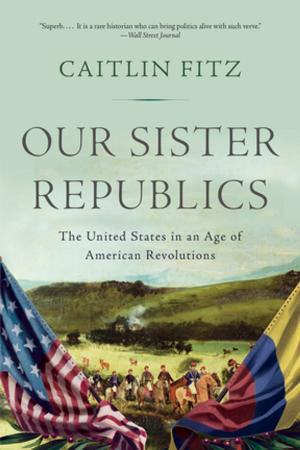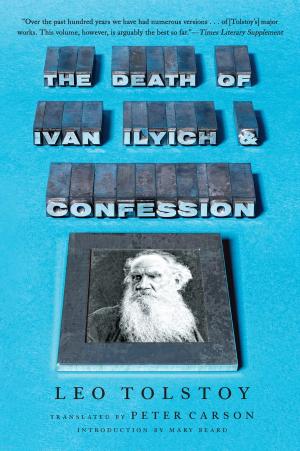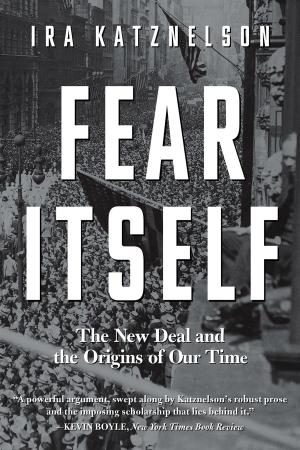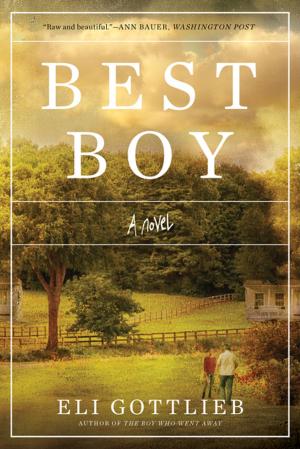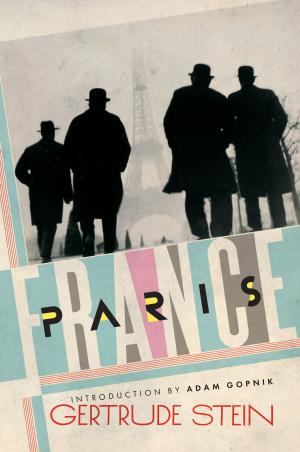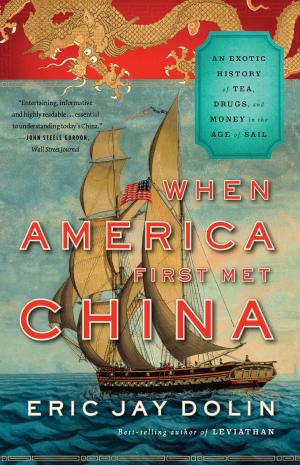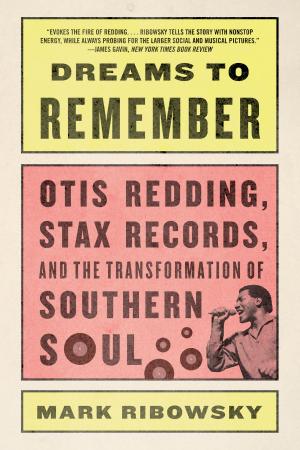| Author: | Maurice Walsh | ISBN: | 9781631491962 |
| Publisher: | Liveright | Publication: | May 17, 2016 |
| Imprint: | Liveright | Language: | English |
| Author: | Maurice Walsh |
| ISBN: | 9781631491962 |
| Publisher: | Liveright |
| Publication: | May 17, 2016 |
| Imprint: | Liveright |
| Language: | English |
"Sets Ireland's post-1916 history in its global and human context, to brilliant effect." —Neil Hegarty, Irish Times Books of the Year 2015
The Irish Revolution has long been mythologized in American culture but seldom understood. Too often, the story of Irish independence and its grinding aftermath in the early part of the twentieth century has been told only within a parochial Anglo-Irish context. Now, in the critically acclaimed Bitter Freedom, Maurice Walsh, with "a novelist's eye for detailing lives in extremis" (Feargal Keane, Prospect), places revolutionary Ireland within the panorama of nationalist movements born out of World War I.
Beginning with the Easter Rising of 1916, Bitter Freedom follows through from the War of Independence to the end of the post-partition civil war in 1924. Walsh renders a history of insurrection, treaty, partition, and civil war in a way that is both compelling and original. Breaking out this history from reductionist, uplifting narratives shrouded in misguided sentiment and romantic falsification, the author provides a gritty, blow-by-blow account of the conflict, from ambushes of soldiers and the swaggering brutality of the Black and Tan militias to city streets raked by sniper fire, police assassinations, and their terrible reprisals; Bitter Freedom provides a kaleidoscopic portrait of the human face of the conflict. Walsh also weaves surprising threads into the story of Irish independence such as jazz, American movies, and psychoanalysis, examining the broader cultural environment of emerging modernity in the early twentieth century, and he shows how Irish nationalism was shaped by a world brimming with revolutionary potential defined by the twin poles of Woodrow Wilson in America and Vladimir Lenin in Russia.
In this “invigorating account” (Spectator), Walsh demonstrates how this national revolution, which captured worldwide attention from India to Argentina, was itself profoundly shaped by international events. Bitter Freedom is "the most vivid and dramatic account of this epoch to date" (Literary Review).
"Sets Ireland's post-1916 history in its global and human context, to brilliant effect." —Neil Hegarty, Irish Times Books of the Year 2015
The Irish Revolution has long been mythologized in American culture but seldom understood. Too often, the story of Irish independence and its grinding aftermath in the early part of the twentieth century has been told only within a parochial Anglo-Irish context. Now, in the critically acclaimed Bitter Freedom, Maurice Walsh, with "a novelist's eye for detailing lives in extremis" (Feargal Keane, Prospect), places revolutionary Ireland within the panorama of nationalist movements born out of World War I.
Beginning with the Easter Rising of 1916, Bitter Freedom follows through from the War of Independence to the end of the post-partition civil war in 1924. Walsh renders a history of insurrection, treaty, partition, and civil war in a way that is both compelling and original. Breaking out this history from reductionist, uplifting narratives shrouded in misguided sentiment and romantic falsification, the author provides a gritty, blow-by-blow account of the conflict, from ambushes of soldiers and the swaggering brutality of the Black and Tan militias to city streets raked by sniper fire, police assassinations, and their terrible reprisals; Bitter Freedom provides a kaleidoscopic portrait of the human face of the conflict. Walsh also weaves surprising threads into the story of Irish independence such as jazz, American movies, and psychoanalysis, examining the broader cultural environment of emerging modernity in the early twentieth century, and he shows how Irish nationalism was shaped by a world brimming with revolutionary potential defined by the twin poles of Woodrow Wilson in America and Vladimir Lenin in Russia.
In this “invigorating account” (Spectator), Walsh demonstrates how this national revolution, which captured worldwide attention from India to Argentina, was itself profoundly shaped by international events. Bitter Freedom is "the most vivid and dramatic account of this epoch to date" (Literary Review).
